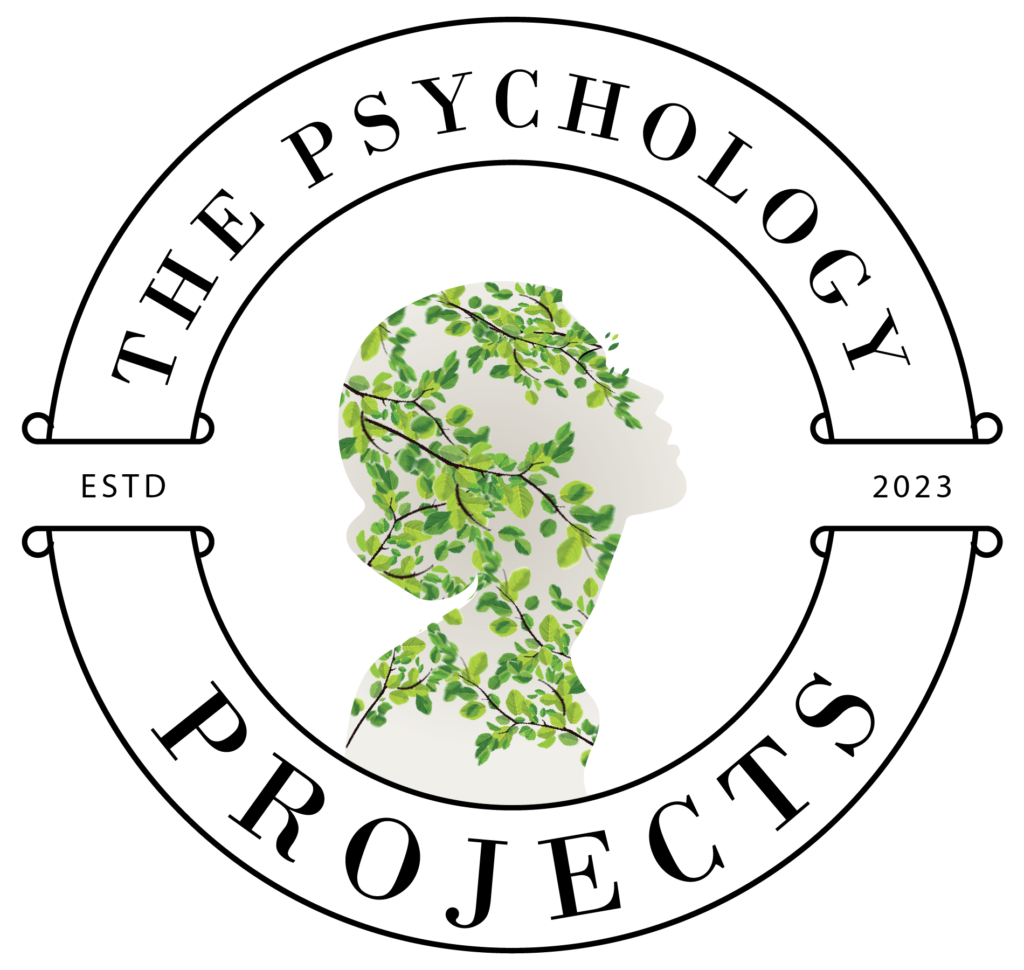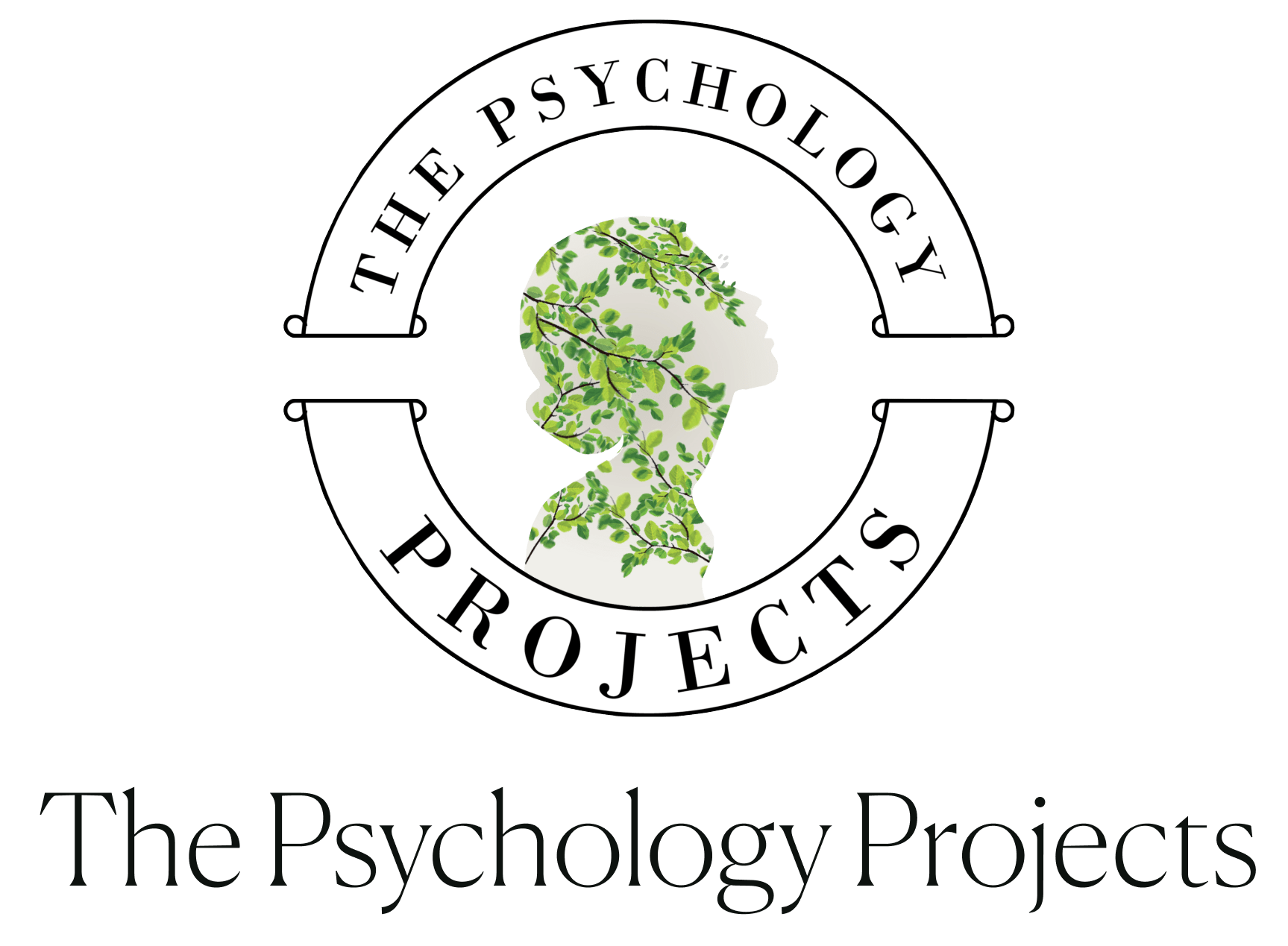What is a Psychodynamic Perspective?
Psychodynamic Perspective is a Psychological Approach
A psychodynamic perspective is a psychological approach to understanding human behavior and personality development that emphasizes the role of unconscious thoughts, feelings, and past experiences in shaping current behavior and emotions.
This perspective is rooted in the work of Sigmund Freud, who developed the theory of psychoanalysis. Freud believed that human behavior is driven by unconscious conflicts between different parts of the mind, particularly the id (the part of the mind that contains our primal desires and impulses), the ego (the part of the mind that mediates between the id and the external world), and the superego (the part of the mind that represents our internalized moral standards).
According to the psychodynamic perspective, early childhood experiences and relationships with caregivers are crucial in shaping a person’s personality and psychological functioning. The perspective also emphasizes the importance of the therapeutic relationship between the client and therapist in uncovering and resolving unconscious conflicts and past traumas.
The modern psychodynamic perspective builds on the original ideas of Sigmund Freud. Still, it incorporates newer theories and research findings from contemporary psychology. While Freud’s work focused mainly on the unconscious and the role of early childhood experiences, modern psychodynamic theorists and practitioners have expanded their focus to include a broader range of factors that contribute to psychological functioning and well-being.

One key aspect of the modern psychodynamic perspective is its focus on relational and attachment-based theories. These theories emphasize the importance of early attachment experiences with primary caregivers in shaping an individual’s sense of self and relationships with others. In addition, modern psychodynamic theories also emphasize the importance of considering cultural and social factors in understanding psychological functioning.
Another critical aspect of the modern psychodynamic perspective is its focus on the therapeutic relationship and the use of the therapeutic relationship to promote change. Modern psychodynamic therapy may involve various techniques, including talk therapy, dream analysis, and other methods for exploring the unconscious. However, the therapeutic relationship between the client and therapist is a central component of the therapeutic process. The therapist works to create a safe and supportive environment for the client to explore their emotions and experiences.
Overall, the modern psychodynamic perspective seeks to provide a comprehensive understanding of human psychology, drawing on both historical and contemporary theories and research findings to help individuals improve their psychological functioning and well-being.
Informed Insights
Explore the Captivating Domain of Psychology Through our Journals Publications



